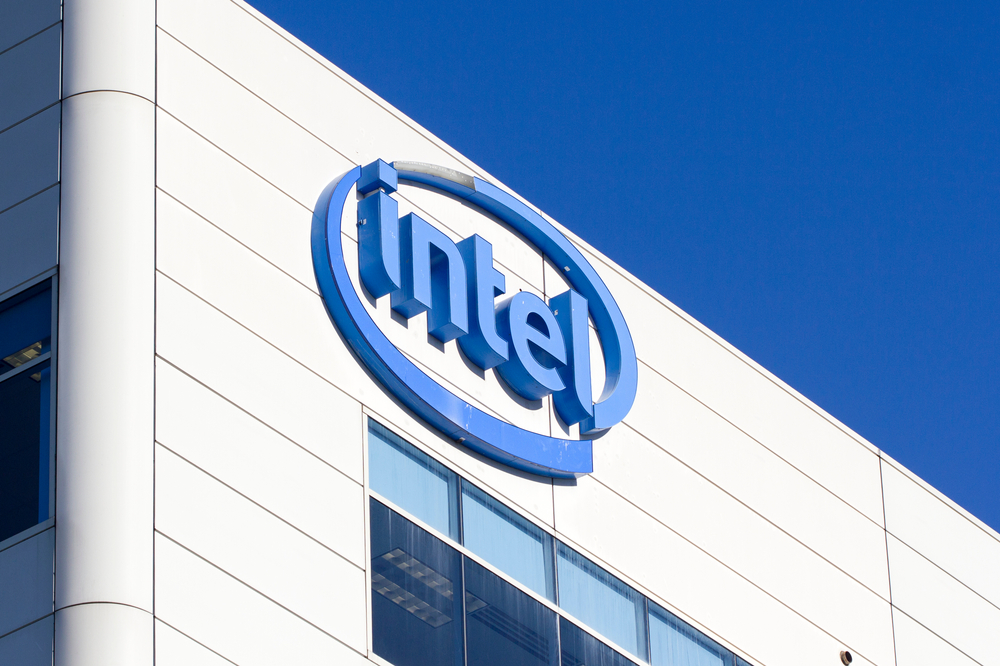
Intel has secured lucrative contracts to build semiconductor fabs in Germany, Israel and Poland, a bold move that demonstrates its commitment to shaping the future of technology. With investments of $33 billion in Germany, $25 billion in Israel, and $5 billion in Poland, Intel will not only revolutionize the semiconductor industry, but also strengthen Europe’s position as a global technology center.
Germany, known for its engineering excellence, has signed a landmark agreement with Intel. The contract calls for an investment of $33 billion and calls for the construction of at least two fabs near Magdeburg. These advanced facilities will specialize in producing chips with more advanced technology than originally planned. While Intel did not disclose specific process technologies, it said the technology will be from the angstrom era and will scale from 18 to 20A. This bold move underscores Intel’s commitment to pushing the boundaries of innovation.
To further support this important endeavor, a €10 billion government subsidy has been secured, pending approval from the European Union. This significant stimulus package not only reflects the German government’s commitment to fostering technological progress, but is also in line with the EU’s vision of becoming a “semiconductor superpower” and achieving self-sufficiency in the production of critical electronic components. The first facility is expected to be operational within the next 4-5 years, marking an important milestone in Germany’s technological development.
Poland is also set to benefit from Intel’s expansion plans. Thanks to a €4.6 billion investment, the country will be home to a semiconductor assembly and test plant located in Wroclaw. This ambitious facility, scheduled for completion by 2027, will employ 2,000 people and strengthen Poland’s position in the global semiconductor arena. Design and planning will begin immediately, and construction will begin upon authorization from the European Commission. Intel’s investment is a testament to Poland’s growing importance as a technology center.
Intel’s focus on Europe is part of a broader global strategy to build a robust infrastructure on the continent. These strategic intentions align well with the European Union’s ambitious goals to grow the semiconductor industry and achieve self-sufficiency in the production of critical electronic components. Intel’s plans span several European countries and include the establishment of a research, development and design center in France, as well as lithography and end-production facilities in Ireland, Italy, Poland, Spain and other countries. These coordinated efforts reaffirm Intel’s commitment to strengthening Europe’s technological capabilities and driving innovation throughout the region.
Intel’s expansion extends beyond Europe: the semiconductor sector in Israel is expected to grow significantly. As announced by Prime Minister Benjamin Netanyahu, Intel plans to invest an impressive $25 billion in the expansion of its Kiryat Gat plant. The new plant, which will begin operations in 2027, has tremendous potential for job creation and economic growth in Israel. Israel’s Ministry of Finance expects the project to create thousands of jobs. As part of the agreement, Intel’s tax rate will be raised from the current 5% to 7.5%, signaling the Israeli government’s commitment to creating a business-friendly environment.
Intel’s monumental investments in Germany, Israel and Poland, as well as its broader European strategy, mark a new phase in the semiconductor industry. As Europe strives to become a technology powerhouse, Intel’s unwavering commitment to innovation and collaboration puts the company at the forefront of this remarkable journey. With each pioneering initiative, Intel brings Europe closer to realizing its ambition to become a semiconductor superpower and pave the way for a bright technological future.


